- Written By Team DWS
- Festivals
- September 29, 2023
Why do we celebrate Diwali?
Diwali, popularly referred to as the Festival of Lights, holds immense significance and is widely observed as one of India's most important and joyful celebrations. It falls on the new moon day of the Hindu month of Kartik, which usually falls between October and November. The festival is not only celebrated in India but also in many countries where the Indian diaspora is present. The question arises, why do we celebrate Diwali? What does it signify?
Throughout history, Diwali has been celebrated for various reasons. The most popular and well-known story associated with Diwali is that of Lord Rama's return to Ayodhya after 14 years of exile and his victory over the demon king Ravana. The people of Ayodhya welcomed Lord Rama by lighting oil lamps to illuminate his path and celebrate his homecoming. Thus, the tradition of lighting lamps and bursting firecrackers during Diwali signifies the triumph of light over darkness and good over evil.
Apart from the Ramayana, another significant reason behind Diwali celebrations is the worship of Goddess Lakshmi, the Hindu goddess of wealth and prosperity. Diwali is considered an auspicious time to seek the blessings of Goddess Lakshmi, as it is believed that on this day, she showers her devotees with wealth and abundance. People perform special prayers and rituals to invite prosperity into their homes and businesses, and they often make offerings to the goddess.
Diwali is not just limited to the worship of gods and goddesses; it is also a time for families to come together, share joy, and exchange gifts. The festival serves as a reminder of the importance of family and community bonds. During Diwali, people decorate their homes with vibrant rangolis (artistic patterns made with colored powders or flowers) and adorn them with colorful lights and lanterns. It creates an atmosphere of positivity and warmth, where love, forgiveness, and unity are celebrated.
Moreover, Diwali is an occasion for renewal and new beginnings. It marks the end of the harvest season and the beginning of a new year. The day following Diwali is known as "Annakut," which means a mountain of food. People prepare a variety of delicious dishes as an offering to Lord Krishna, symbolizing gratitude for a bountiful harvest and seeking blessings for the coming year. This tradition also highlights the importance of sharing abundance with others and nurturing a spirit of compassion and goodwill.
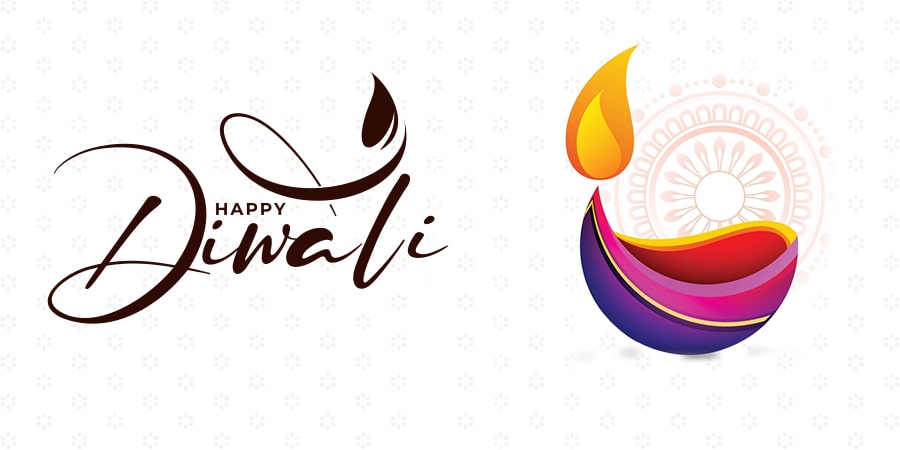
Furthermore, Diwali celebrates the cultural diversity of India. Different regions and communities have their unique way of commemorating the festival. In North India, Diwali is associated with the legend of Lord Rama, while in South India, it is associated with the victory of Lord Krishna over the demon Narakasura. In Eastern India, the festival is dedicated to Goddess Kali, who symbolizes strength and protection. Each tradition adds its own flavors and colors to the festival, making it a melting pot of cultures and celebrations.
In conclusion, Diwali is celebrated for various reasons, including the historical and mythological events associated with it, the worship of deities like Lord Rama and Goddess Lakshmi, the significance of family ties and community unity, and the celebration of abundance and new beginnings. This vibrant festival embodies the essence of the Indian culture and serves as a reminder to cherish and celebrate the light within ourselves and in the world around us.
Dazzling Diwali Demystified: Your Ultimate Diwali FAQ Guide!
Q: What is Diwali?
A: Diwali, also known as the Festival of Lights, holds immense importance in Hindu culture and is enthusiastically celebrated across the globe. It is the festival of lights and symbolizes the victory of light over darkness and good over evil.
Q: When is Diwali celebrated?
A: Diwali is celebrated in autumn, usually between October and November, depending on the Hindu lunar calendar. The dates vary each year.
Q: How long does Diwali last?
A: Diwali is a five-day festival, with each day holding its own significance and rituals. However, the main festivities usually span over three days.
Q: What are the main rituals and customs associated with Diwali?
A: Diwali is characterized by various rituals and customs, including cleaning and decorating homes, lighting oil lamps and candles, bursting fireworks, exchanging gifts, wearing new clothes, wearing jewellery, preparing and sharing traditional sweets, offering prayers, and visiting temples.
Q: Why is Diwali celebrated?
A: Diwali holds different meanings and significance across various regions in India. It celebrates different events, such as Lord Rama's return from exile in the epic Ramayana, Goddess Lakshmi (the goddess of wealth and prosperity) entering homes, Lord Krishna defeating the demon Narakasura, and the Sikh festival of Bandi Chhor Divas.
Q: How is Diwali celebrated?
A: Diwali celebrations involve diverse activities like lighting earthen lamps (diyas), illuminating homes with decorative lights, creating intricate rangoli patterns, bursting fireworks, sharing meals with family and friends, exchanging gifts, and performing religious rituals.
Q: Are there any specific traditional foods associated with Diwali?
A: Yes, Diwali is synonymous with delicious traditional sweets and snacks. Some popular sweets include ladoo, kaju katli, jalebi, gulab jamun, and barfi. Savory snacks like chivda, mathri, and namak paare are also commonly prepared and shared during the festival.
Q: Is Diwali just a Hindu festival?
A: Although Diwali has its roots in Hindu culture, it is widely celebrated by various communities and religions, including Sikhs, Jains, and Buddhists. In addition, people of different faiths and backgrounds often participate in and enjoy the festive spirit of Diwali.
Q: How is Diwali celebrated outside of India?
A: Diwali is celebrated with great enthusiasm by Indian diaspora and communities worldwide. The celebrations often include cultural events, community gatherings, musical performances, traditional dances, and fireworks displays.
Q: Are there any environmental concerns related to Diwali celebrations?
A: Yes, the excessive use of fireworks during Diwali has raised concerns regarding air and noise pollution. As an alternative, many people now opt for eco-friendly celebrations by using eco-friendly fireworks or avoiding them altogether and focusing on other traditions that promote environmental sustainability.
Popular on Blogs
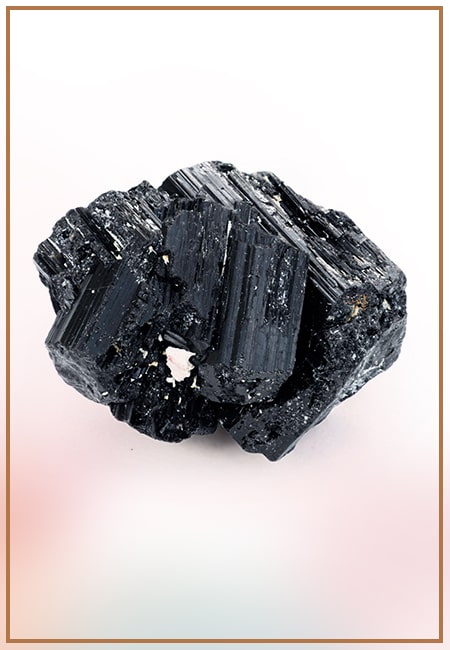
Black Tourmaline: Meaning, Healing Properties, Fascinating Facts, Powerful Attributes, Versatile Uses, and Beyond
September 05, 2023 / BY Team DWS
Black Tourmaline, also known as Schorl, is a highly revered crystal with incredible metaphysical properties. It derives its name from the Dutch word "turamali," meaning "stone with ..
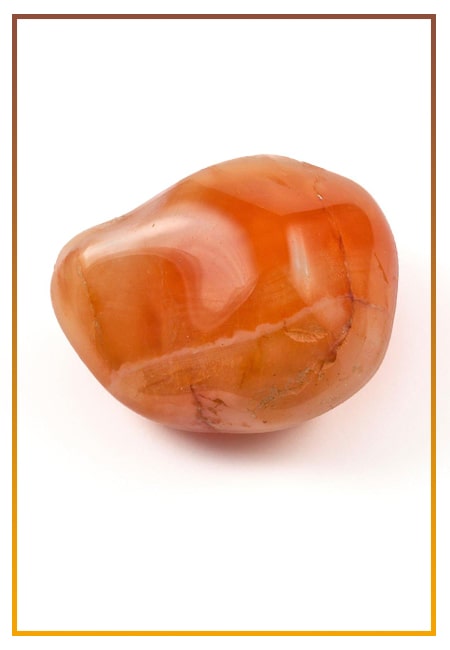
Carnelian Stone: Meaning, Healing Properties, Power, Facts, Color, Uses and More
December 26, 2023 / BY Team DWS
Carnelian is a vibrant and captivating gemstone that holds a plethora of meanings, healing properties, and powers. Its warm and fiery energy makes it a popular choice among crystal ..
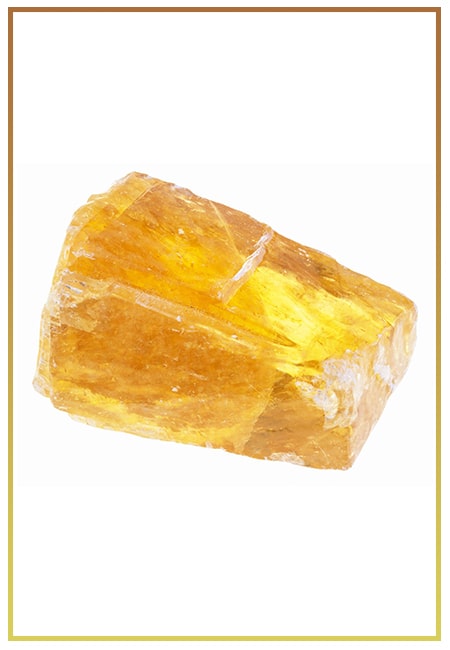
Citrine: Exploring its Meaning, Healing Properties, Fascinating Facts, Powers, Versatile Uses, and Much More
November 18, 2023 / BY Team DWS
Citrine, with its warm golden hues, has captured the attention and imagination of people for centuries. This beautiful gemstone, commonly associated with wealth and prosperity, hol ..

Black Onyx: Unveiling the Meaning, Healing Properties, Fascinating Facts, Powerful Attributes, Versatile Uses, and Beyond
July 25, 2023 / BY Team DWS
Black Onyx, a striking gemstone admired for its deep black hue and elegant appearance, has captivated people for centuries. In this comprehensive guide, we will delve into the mean ..
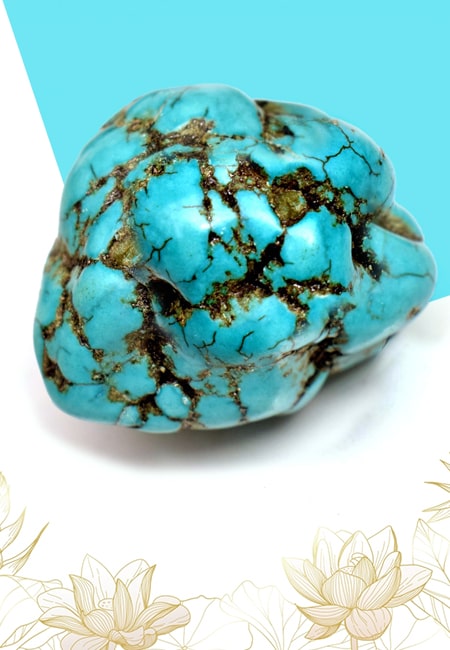
Unveiling the Mysteries of Turquoise Stone: Exploring its Meaning, Healing Properties, Power, Facts, Color, Uses, and More
December 05, 2023 / BY Team DWS
Turquoise, with its captivating blue-green hue, has been adorning jewelry and artifacts for centuries. This striking stone has a rich history, rich symbolism, and a plethora of int ..
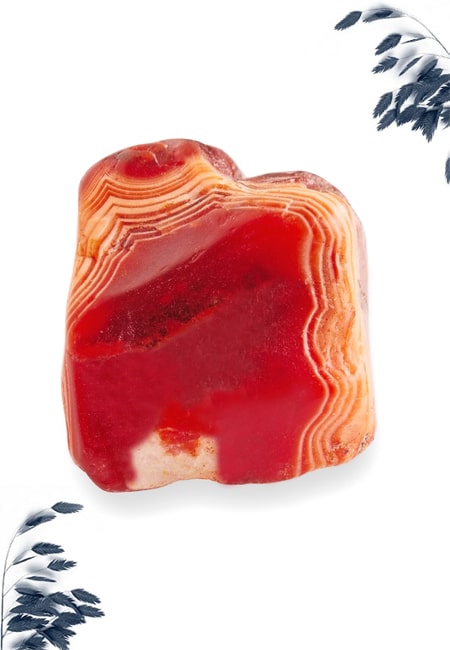
The History Behind The Popularity of Red Agate
December 23, 2022 / BY Team DWS
An Agate is a type of magma rock that takes many years till it is washed out naturally into the water. And that is the reason this stone has elements of water. This beautiful stone ..

Plan a Perfect Valentine's Week with Our Valentine Week List 2025
January 22, 2024 / BY Team DWS
Valentine's Day is undoubtedly the most romantic day of the year, but we believe that one day is just not enough to express your love and make your partner feel special. That's why ..
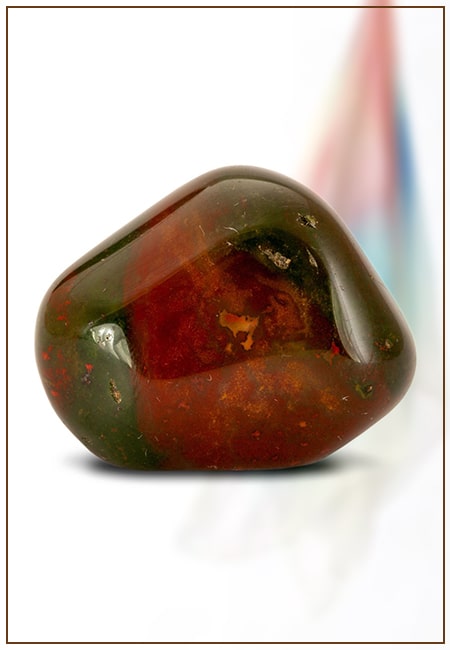
Bloodstone: Unveiling the Meaning, Healing Properties, Facts, Powers, Uses, and More
August 21, 2023 / BY Team DWS
Bloodstone, with its captivating deep green color with specks of red, is a mesmerizing gemstone that has fascinated civilizations for centuries. It possesses unique healing propert ..


